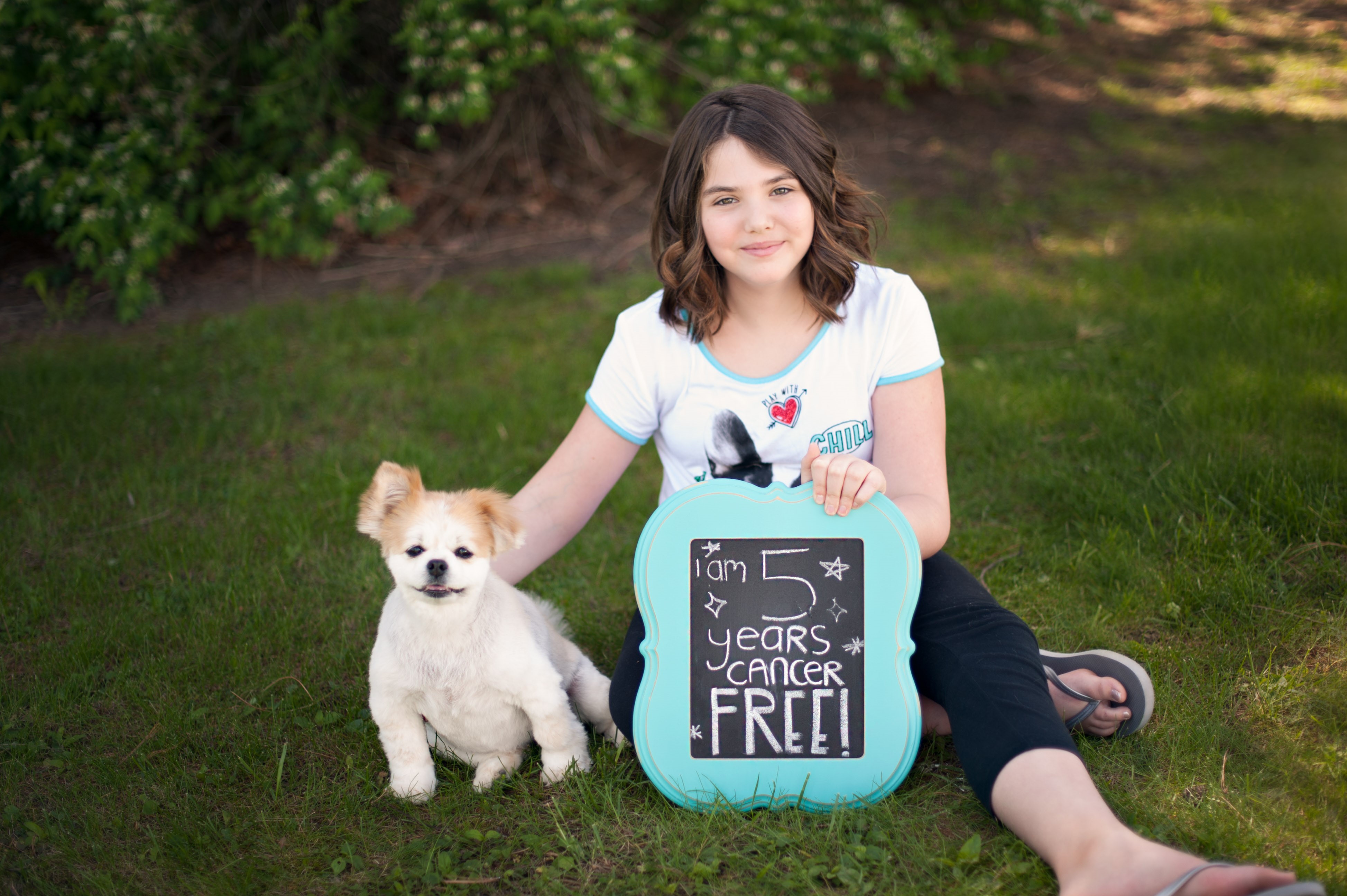Coley’s toxin
FDA Approves First CAR-T Cell Therapy for Pediatric Acute Lymphoblastic Leukemia
Posted on by Dr. Francis Collins
Tremendous progress continues to be made against the Emperor of All Maladies, cancer. One of the most exciting areas of progress involves immunotherapy, a treatment strategy that harnesses the natural ability of the body’s own immune cells to attack and kill tumor cells. A lot of extremely hard work has gone into this research, so I was thrilled to learn that the Food and Drug Administration (FDA) just announced today its first approval of a promising type of immunotherapy called CAR-T cell therapy for kids and young adults with B-cell acute lymphoblastic leukemia (ALL)—the most common childhood cancer in the U.S.
ALL is a cancer of white blood cells called lymphocytes. Its treatment with chemotherapy drugs, developed with NIH support, has transformed ALL’s prognosis in kids from often fatal to largely treatable: about 90 percent of young patients now recover. But for those for whom the treatment fails, the prognosis is grim.
In the spring of 2012, Emily Whitehead of Philipsburg, PA was one such patient. The little girl was deathly ill, and her parents were worried they’d run out of options. That’s when doctors at Children’s Hospital of Philadelphia gave Emily and her parents new hope. Carl June and his team had successfully treated three adults with their version of CAR-T cell therapy, which is grounded in initial basic research supported by NIH [1,2]. Moving forward with additional clinical tests, they treated Emily—their first pediatric patient—that April. For a while, it was touch and go, and Emily almost died. But by May 2012, her cancer was in remission. Today, five years later, 12-year-old Emily remains cancer free and is thriving. And I’ve had the great privilege of getting to know Emily and her parents over the last few years.

